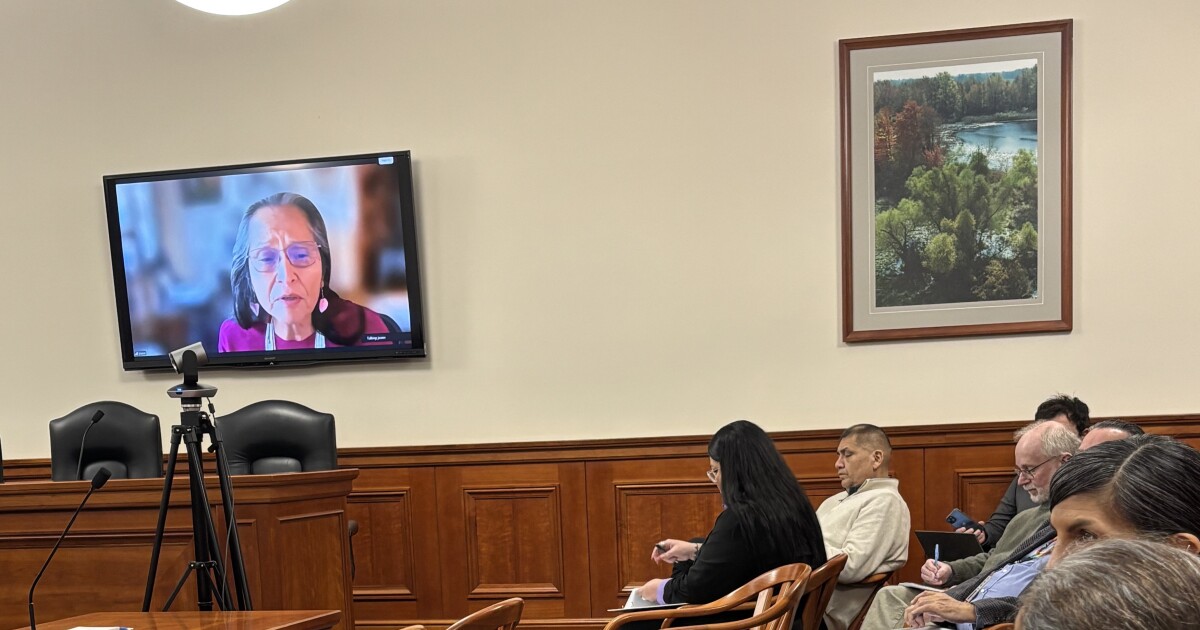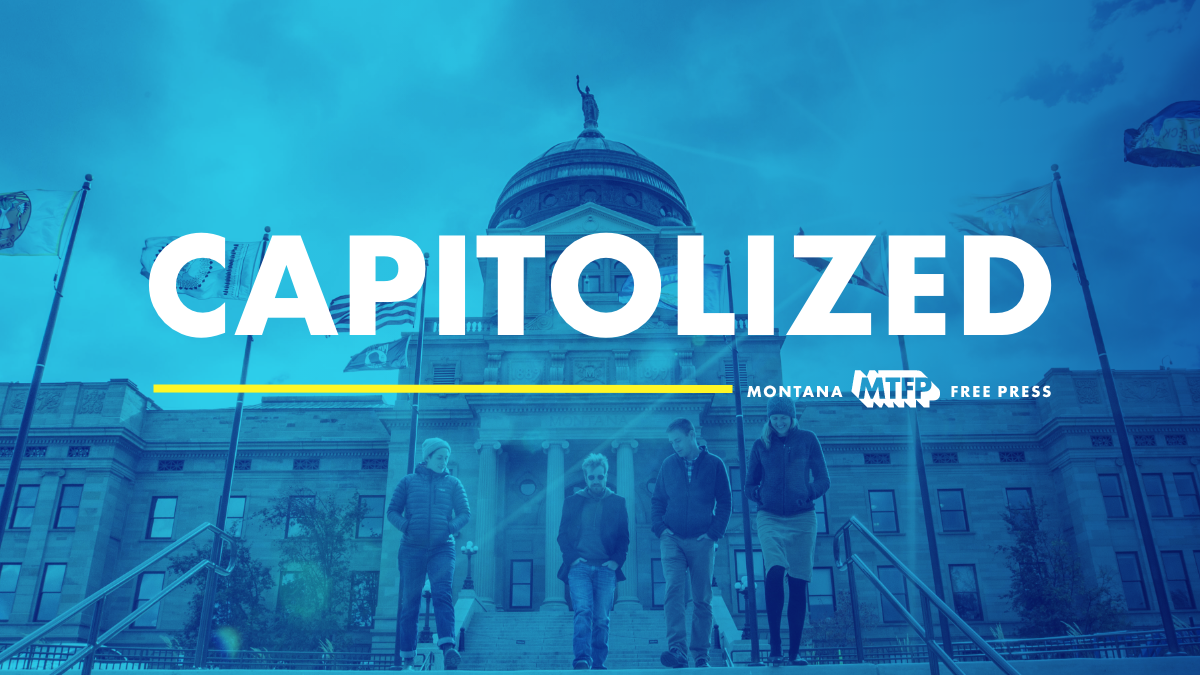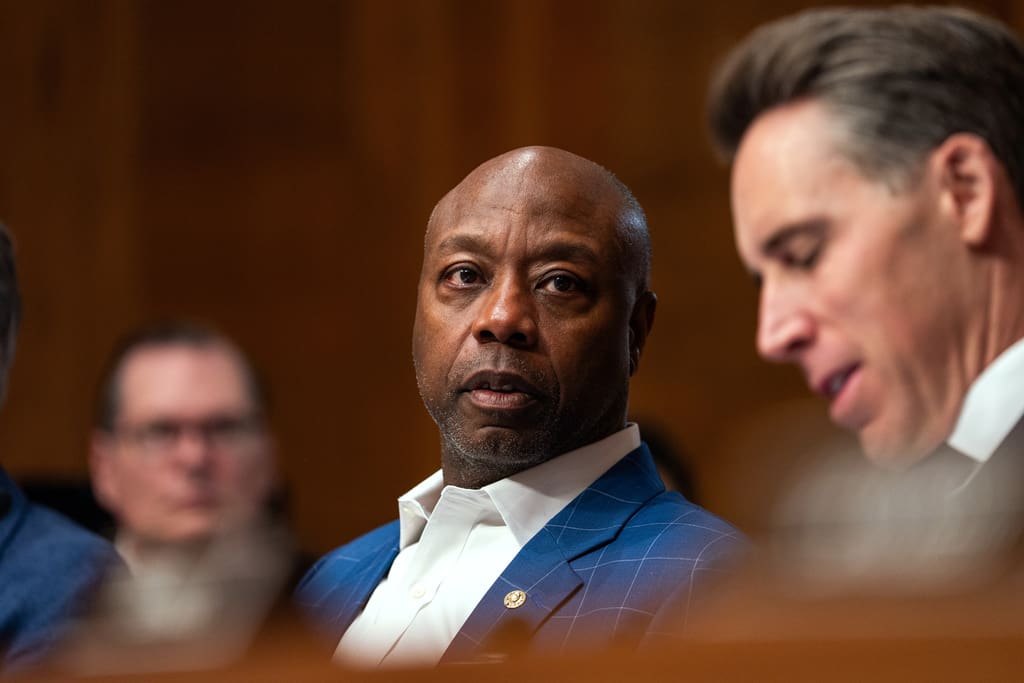Article Summary –
The article discusses the challenges faced by individuals with student loan delinquencies in securing auto loans due to the recent resumption of credit reporting on such delinquencies. Jonathan Smoke, an economist, notes that while credit scores improved during the loan repayment pause, they are now declining, impacting borrowers’ ability to afford auto loans amid high vehicle prices and interest rates. Michigan’s auto market could be significantly affected by a slowdown in vehicle production and sales due to these financial pressures and potential impacts from international trade policies.
Purchasing a car is becoming harder for those behind on student loan payments as credit bureaus resume reporting delinquencies, affecting potential auto loan eligibility and impacting Michigan’s auto market. Jonathan Smoke, chief economist at Cox Automotive, discussed with the Michigan Independent how delinquencies are lowering credit scores and tightening budgets, making it difficult to secure auto loans.
Student loan payments paused during the COVID-19 pandemic in 2020 and resumed in 2023. Delinquency rates, reported when payments are over 90 days late, fell to less than 1%, according to the Federal Reserve Bank of New York.
President Biden’s loan forgiveness plan was halted by courts and struck down by the U.S. Supreme Court in 2023. His SAVE plan, which provided relief through income-based options, was blocked by a federal appeals court in 2025, leading to delinquencies reappearing on credit reports.
As of May 2023, 1.4 million Michiganders held student loans totaling $51 billion, according to a press release. Nationally, 10.2% of student debt was delinquent in Q2 2025, with nearly 13% of loans becoming seriously delinquent, the highest on record, per the Federal Reserve.
Credit scores improved during the payment pause, making consumers more attractive to lenders, offering better rates. As payments resumed, budgets and scores dropped, limiting car purchasing ability. “With payments due, it’s clear buyers, especially those with student loans, are struggling,” Smoke said.
Affordability remains challenging since new and used vehicle prices exceed pre-pandemic levels. Smoke noted that borrowers who secured auto loans during the payment pause enjoyed better terms than current buyers face, with lenders wary of loan performance. High auto loan delinquency, defined as 60 days late, hasn’t improved, signaling borrower struggles.
Luckily, there’s no uptick in auto loan defaults, defined as payments 120 days late. “Consumers prioritize auto payments over student loans since a car is harder to replace if repossessed,” Smoke stated. He observed that new vehicle purchasing is tougher now due to student loan issues, high market prices, and interest rates at 25-year highs, driving demand toward the used vehicle market.
A new-vehicle production slowdown could impact Michigan’s economy, reliant on the auto industry. Smoke mentioned potential effects from Trump’s tariffs but indicated nuanced impacts favoring domestic manufacturers.
—
Read More Michigan News










